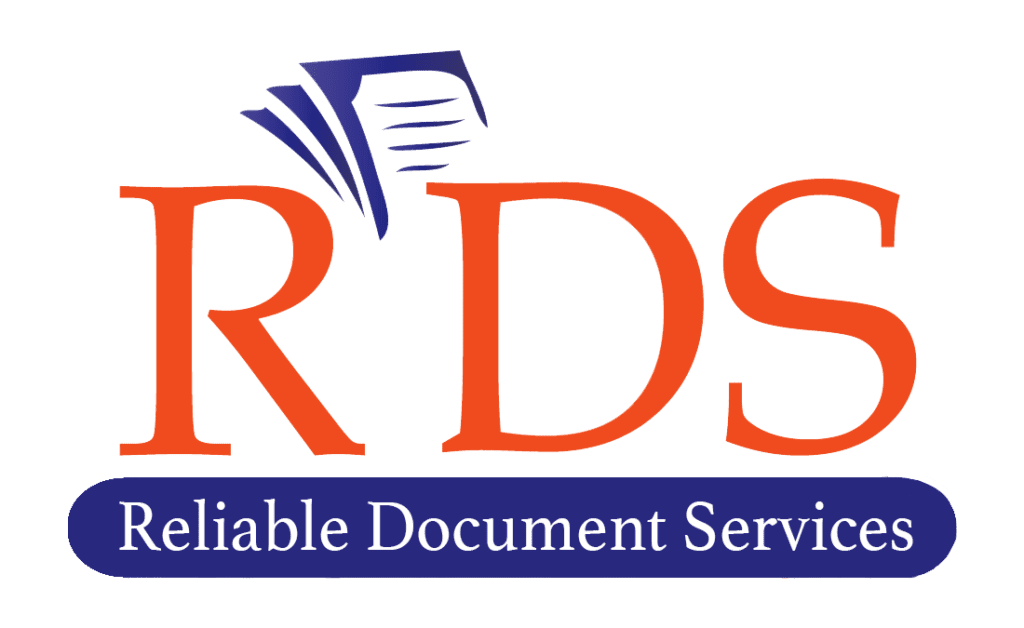Introduction
Handling family law cases such as divorce, child custody, adoption, or prenuptial agreements often involves complex emotions and substantial legal paperwork. Documentation is essential in ensuring that each party’s rights are protected and that the legal process moves forward smoothly and fairly. Although managing these documents may seem overwhelming, having a structured approach to handling family law paperwork can greatly reduce stress, save time, and help secure a favorable outcome.
In this blog, we’ll provide an overview of the key family law documents you’re likely to encounter and share practical tips to keep everything organized, ensuring you have the information and resources you need to approach your case with confidence.
Common Family Law Documents
Family law cases vary widely, and each requires specific documentation to address the unique aspects of the legal process. Here are some of the most common types of documents you may come across, along with their purpose:
1. Divorce Papers
Divorce cases can involve numerous documents that outline the terms of the separation, address financial arrangements, and, if applicable, determine child custody. Key divorce documents include:
- Petition for Dissolution of Marriage: This document officially begins the divorce process and outlines the reasons for seeking divorce.
- Financial Disclosures: Both parties must provide a comprehensive view of their finances, including income, assets, debts, and expenses, to ensure a fair division of assets.
- Settlement Agreements: If both parties agree on the terms, a settlement agreement can simplify the process, detailing asset division, spousal support, and any other agreed-upon terms.
- Final Decree of Divorce: The court issues this document to formally end the marriage and confirm the terms of the divorce, marking the completion of the legal process.
2. Custody Agreements and Parenting Plans
When children are involved, custody and visitation documents are crucial. These agreements outline how parents will share time and responsibilities, with the child’s well-being as the priority. Custody-related documents include:
- Parenting Plan: Specifies the schedule for each parent’s time with the child, along with decision-making responsibilities regarding education, healthcare, and other aspects of the child’s life.
- Child Support Agreement: Details the financial support one parent will provide for the child’s needs, covering essentials like housing, education, and medical expenses.
- Modification Forms: If circumstances change, such as a parent relocating or experiencing financial difficulties, these forms allow for changes to existing custody or support agreements.
3. Adoption Forms
Adoption cases require careful documentation to ensure the process is legal, ethical, and in the best interests of the child. Important adoption documents may include:
- Petition for Adoption: This initiates the adoption process, submitted by the prospective adoptive parents to the court.
- Home Study Report: A social worker prepares this report to evaluate the prospective parents’ home environment, financial stability, and overall suitability for adoption.
- Consent to Adopt: In cases involving older children or previous guardians, written consent may be required to proceed with the adoption.
- Final Decree of Adoption: Once the court approves the adoption, this document legally finalizes the relationship between the child and adoptive parents.
4. Prenuptial and Postnuptial Agreements
These agreements outline financial and property arrangements in the event of separation or divorce, aiming to protect each party’s interests. Prenuptial and postnuptial agreements include:
- Prenuptial Agreement: Created before marriage, this document specifies how assets will be divided and whether spousal support will be provided if the marriage ends.
- Postnuptial Agreement: Similar to a prenuptial agreement but created after marriage, it can help couples address financial arrangements that evolve over time.
Tips for Managing Your Family Law Documents
Maintaining an organized approach to handling family law documents can alleviate much of the stress associated with legal proceedings. Here are some strategies to help you stay on top of the paperwork:
- Organize by Case Type:
Use separate folders, binders, or digital storage options for each type of case or document. Label each folder clearly by document type, such as “Divorce Documents,” “Custody Agreements,” or “Adoption Papers.” - Track Important Deadlines:
Family law cases often involve court dates, filing deadlines, and response timelines. Set reminders on your calendar or phone to stay ahead of deadlines, which can help you avoid delays and stay compliant with legal requirements. - Keep Both Digital and Physical Copies:
Having both physical and digital versions of your documents ensures accessibility and security. Digital copies provide easy access from anywhere, while physical copies are essential as backups. Consider using cloud storage services for secure access to digital files. - Limit Access to Confidential Documents:
Family law documents often contain sensitive information. To protect your privacy, restrict access to these documents to trusted individuals only. For added security, you can password-protect digital files or store physical documents in a secure location. - Regularly Review and Update Documents:
Laws and personal circumstances can change over time. Regularly review your family law documents to ensure they remain accurate and up-to-date, especially if modifications are necessary for custody or support agreements.
Why Professional Help Can Save Time and Effort
While it’s possible to manage some of the documentation on your own, seeking assistance from legal experts can make a substantial difference. Family law attorneys and paralegals are knowledgeable about state-specific requirements and can help ensure your paperwork is properly completed and submitted on time. Key advantages of professional help include:
- Ensuring Compliance: Family law professionals understand the nuances of each type of case, helping you meet all legal requirements.
- Customizing Documents: Attorneys can personalize documents, such as prenuptial agreements or custody arrangements, to meet your family’s unique needs.
- Reducing Stress: By guiding you through complex paperwork and answering questions, professionals alleviate the burden on you, allowing you to focus on the well-being of your family.
Conclusion
Effective organization and management of family law documents are essential to reducing stress and streamlining your legal proceedings. By staying organized and seeking professional assistance when necessary, you can navigate the paperwork with confidence and ensure you’re prepared for each step of the legal process. From divorce papers to custody agreements, understanding and managing these documents helps you focus on what matters most—protecting your family’s best interests and working toward a fair resolution.






